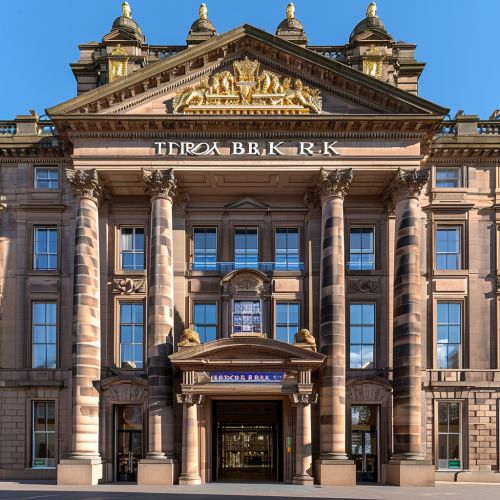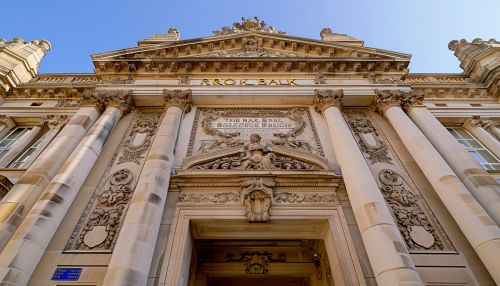1731 Establishments in Great Britain Discussion
Establishment of the Royal Bank of Scotland
The RBS was established in 1727, but it was in 1731 that it began to significantly influence the economic landscape of Great Britain. The bank was initially created to provide a bank of credit sufficient to support the circulation of bills and notes, which were becoming an increasingly popular form of currency. The bank's establishment marked a significant shift in the economic structure of Great Britain, moving away from a system based on gold and silver coins to one based on paper currency.


Founding of the British Museum
In 1731, the British Museum was established by an Act of Parliament. The museum was founded on the basis of three collections: the collection of Sir Hans Sloane, the Cottonian Library, and the Harleian Library. These collections were of significant cultural and historical value, and their acquisition by the British government marked the beginning of the British Museum's role as a repository of world culture and history.
The 1731 General Election
The General Election of 1731 saw a significant shift in the political landscape of Great Britain. The election was marked by the dominance of the Whig party, which won a significant majority in the House of Commons. This election marked the beginning of a period of Whig dominance in British politics, which would last until the mid-19th century.
The Founding of the Royal Society of Edinburgh
The Royal Society of Edinburgh was established in 1731, with the aim of advancing learning and useful knowledge in Scotland. The society was founded by a group of eminent Scotsmen, who were keen to promote the study of science, literature, and other areas of learning. The society's establishment marked a significant step forward in the promotion of education and research in Scotland.
The Establishment of the London Evening Post
The London Evening Post was established in 1731, marking a significant development in the history of British journalism. The newspaper was one of the first to be published in the evening, providing a new source of news for the people of London. The establishment of the London Evening Post marked the beginning of a new era in British journalism, with newspapers becoming an increasingly important source of information for the public.
